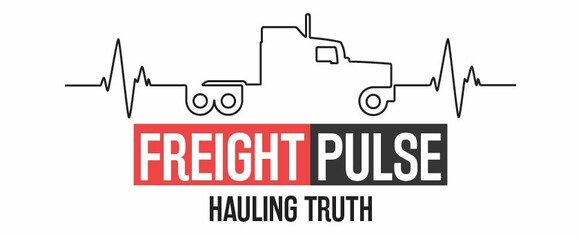Welcome to a fresh discussion on a topic that resonates deeply within the trucking community—broker transparency. The concept has stirred significant debate, highlighted by events such as a contentious discussion at the Mid-America Trucking Show. This confrontation involved industry veterans with contrasting views on whether transparency in broker dealings would benefit or harm truckers.
The Debate Unpacked
At the heart of the controversy is Kevin Rutherford, a respected figure in the trucking sector, known for his stern advocacy for self-reliance among truckers. Starting his career as an owner-operator, Rutherford now educates truckers on achieving success independently of brokerage practices. He argues vehemently against the need for brokers to disclose their financial margins, suggesting that such transparency could lead to detrimental competition among carriers, potentially driving down rates across the board.
On the other side of the debate stands Dakota Springfields, who spotlighted that her broker took a 44% margin on a deal, sparking her to question the fairness of such a high cut. This incident underscores the tension between individual truckers and brokers regarding profit sharing and operational risks.
Industry Perspectives on Transparency
Surveys indicate a strong favor among carriers for more transparency, with about 73% supporting the idea. Carriers argue that understanding the margins could lead to fairer negotiations and better alignment of pay with the effort and risks truckers undertake. This view is supported by anecdotes from the industry, where brokers sometimes admit to errors in rate quotes but do not always adjust the compensation, leaving truckers to face the financial brunt.
In contrast, some brokers and their advocates argue that transparency could lead to unnecessary micro-management and could force brokers to operate at a loss, ultimately harming the industry’s economic dynamics. They compare broker transparency to other industries where the focus remains on the end price rather than the breakdown of costs and profits.
Conclusion
As the debate continues, it is clear that broker transparency touches on fundamental aspects of business ethics, risk management, and economic fairness in the trucking industry. The discussion reflects broader concerns about profitability, business sustainability, and fair practices in a fiercely competitive market. As this debate unfolds, more insights and personal experiences from within the industry will likely shape the future of how transparency is handled in trucking logistics.

